By Brendan Scanland
WASHINGTON, D.C. — U.S. and global markets are on high alert following President Trump’s announcement of sweeping tariffs yesterday.
After a troubling day on Wall Street, some economists worry the move could send the U.S. economy and others into a recession, if the administration doesn’t lessen up or change gears soon.
On Thursday, the Dow fell 1,600 points while the S&P 500 saw the biggest one-day loss since 2020.
The plunge comes as markets across the globe grapple with a baseline tariff of 10% on nearly all U.S. trading partners, as well as “discounted reciprocal tariffs” on nations that impose duties on U.S goods.
Some economists have a dire outlook.
“This is insane. It is a self-inflicted wound. It is going to kill our economic growth. It will lead to massive unemployment,” said Susan Aaronson, Research Professor of International Affairs at The George Washington University and an expert in international trade. “I don’t believe that that America first should mean America alone. We have to trade. You can’t export without imports,” she added.
Retail stocks appeared to take the biggest blow. Other popular stocks, like Apple, dropped over 9% Thursday, a roughly $300 billion loss in market value.
“If you want manufacturing to come here, you’ve got to provide incentives. Tariffs are disincentives,” said Aaronson.
The White House said Thursday morning that the tariffs will pay off in time.
“Trust in President Trump. This is a president who is doubling down on his proven economic formula from his first term,” said White House Press Secretary Karoline Leavitt.
The sharp drop was also felt in markets around the world as trade war tensions skyrocket.
“Extreme stress- it’s going to push up prices, cause supply chain disruptions and it’s extreme challenge and stress on the U.S. economy. We may see surprises, ugly surprises like we saw in 2008,” said economist Michael Szanto.
Szanto says the tariffs are an attack on the global market, a market that has benefitted the U.S. for decades.
“We live in a very globalized world. The United States is the richest, largest economy in the world, it’s the greatest beneficiary,” said Szanto.
Szanto says, at the current trajectory, the U.S. could experience a scenario worse than a recession.
“Stagflation, which we saw in the seventies, it could majorly dampen demand here. It could undermine their ability for production,” he said.
Stagflation is an economic scenario where three things happen at the same time: Stagnant economic growth, or recession; high inflation and high unemployment.
“We have to hope that this is contained. We have to hope that the Trump administration kind of lessens up pretty quickly, because if they don’t change gears, this could actually get worse,” said Szanto.
The 10% tariff on all trading partners will take effect April 5 at 12:01 am. The President’s individualized “discounted reciprocal tariffs” on countries the U.S. has the largest trade deficits, will take effect April 9 at 12:01 am.
